The greenhouse gas emissions from beef animals can be reduced by up to 13% through the use of better animal genetics, researchers have claimed.
The trials cited were a research project run collaboratively between ABP, Teagasc and the ICBF in which it was found that this 13% emissions reduction can be achieved while improving farmer returns by €200 per animal.
Better genetics drives higher growth rates and increases the efficiency with which feed is converted into carcase, allowing cattle to finish earlier, the project concluded.
These results are applicable to different beef production systems, the researchers say, and are the result of trials involving over 4,000 animals on ABP’s demonstration farm in Co Carlow which collected data from 4,000 finshed cattle.
The ‘cutting edge’
Minister of State at the Department of Agriculture Martin Heydon said that further research by Teagasc and industry will be central to keeping Irish beef’s green credentials ahead of the curve.
“Irish grass-based beef systems are among the most sustainable production models in the world,” stated Minister Heydon.
“The work of our farmers, coupled with collaboration from industry partners like ABP, Teagasc, and ICBF will be central to strengthening Ireland’s position as a world leader in beef production.
“As demonstrated on this farm, adoption of cutting-edge research and technologies can deliver for both emissions reductions and farmers’ bottom lines,” the minister and beef farmer concluded.





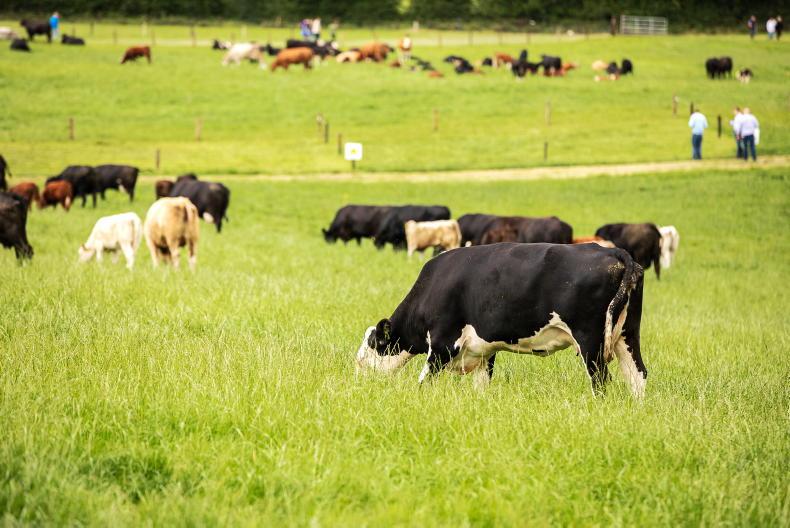
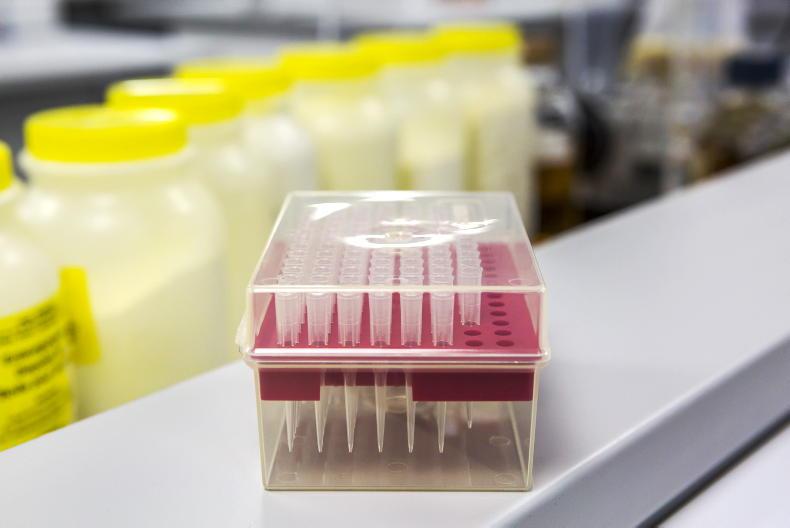
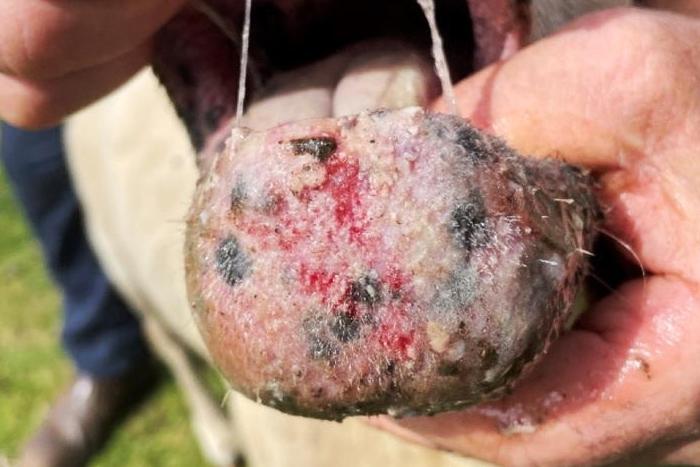
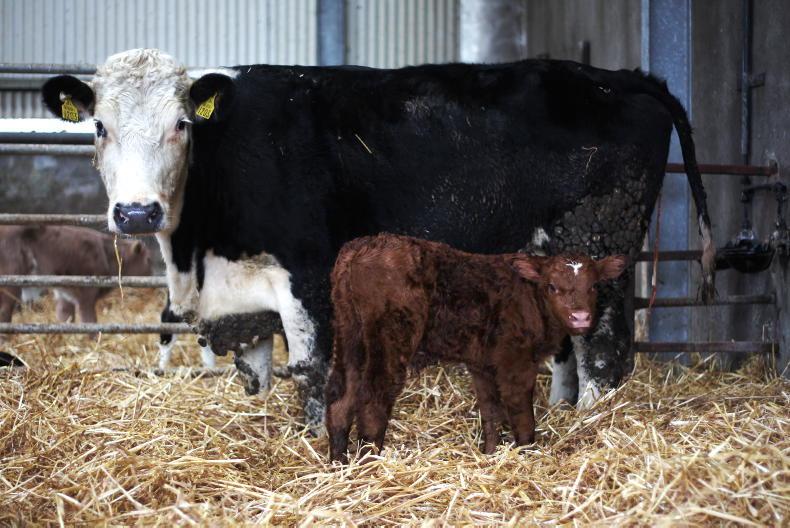
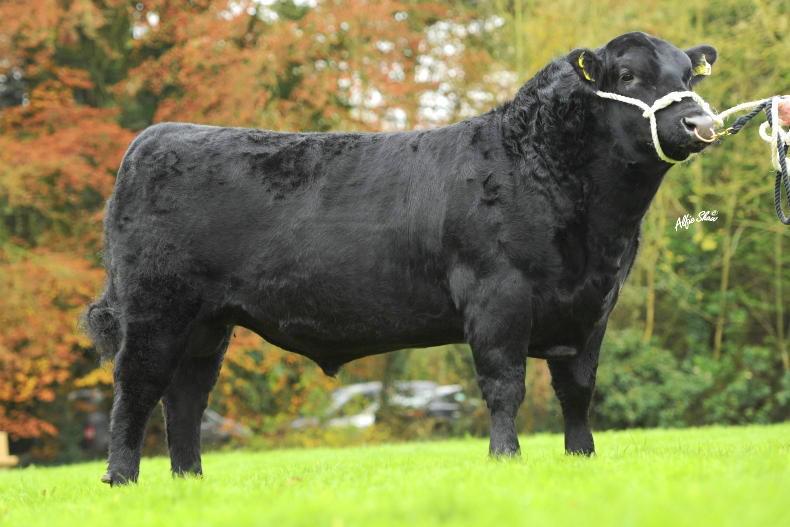
SHARING OPTIONS